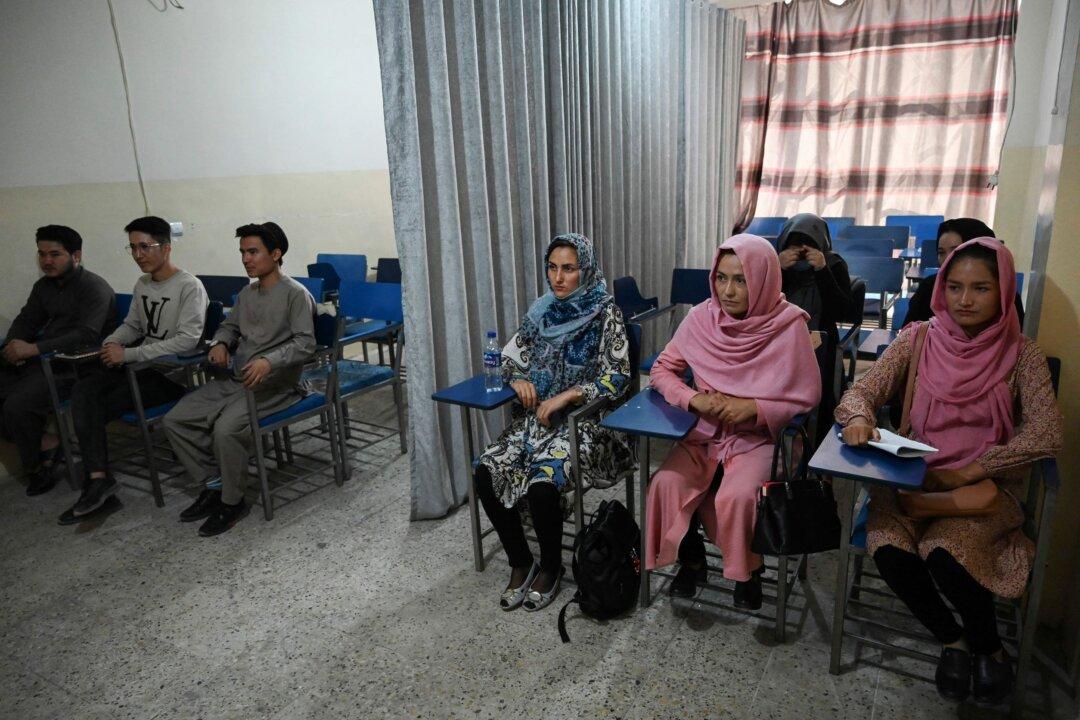The Taliban’s newly-appointed chancellor of Kabul University has banned women from working or studying at the institution, he announced on Monday.
Mohammad Ashram Ghairat, a BA degree holder, stepped into the role of chancellor of the university this week after the Taliban fired PhD holder Vice-Chancellor of Kabul University, Muhammad Osman Baburi.




